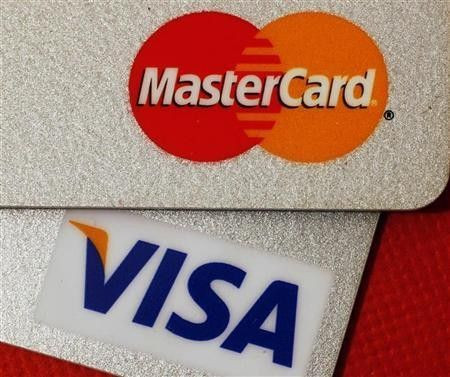S.Africa runs risk of crippling high indebtedness

South Africa's finances are sound but the risk of high indebtedness by both the government and individuals lurks if no action is taken now, Deputy Finance Minister Nhlanhla Nene said.
In a speech given at a retirement fund conference in Durban on Monday and released by the ministry on Tuesday, Nene said the total debt stock still was below 40 percent of gross domestic product.
But, we also see some risk lurking around the corner for us too, Nene said.
If we do not intervene decisively now, we run the real risk of finding ourselves crippled by chronic high indebtedness, both at the level of government and individuals, he said.
At 16 percent of GDP, South Africa's gross savings rate pales in comparison to other emerging markets. The government would like to see it rise to about 30 percent.
South African consumers' are highly indebted and household debt to disposable income neared record highs at 76.8 percent in the first quarter of the year.
Nene said risks emanate from excessively high spending by households and future excessive growth of our welfare system. The government wanted to introduce mandatory preservation of retirement savings to unburden its social welfare programs.
There are more than 12 million people receiving some kind of welfare assistance in Africa's largest economy and the high unemployment rate of more than 25 percent of the labour force puts pressure on welfare spending.
The government sees its debt to GDP ratio peaking at above 43 percent in 2013/14 before retreating, from 33 percent in the 2009/10 financial year.
Government officials have said the cost of servicing borrowing is the highest rising expenditure, with debt service costs seen rising to 104 billion rand by 2013/14 financial year.
© Copyright Thomson Reuters 2024. All rights reserved.




















